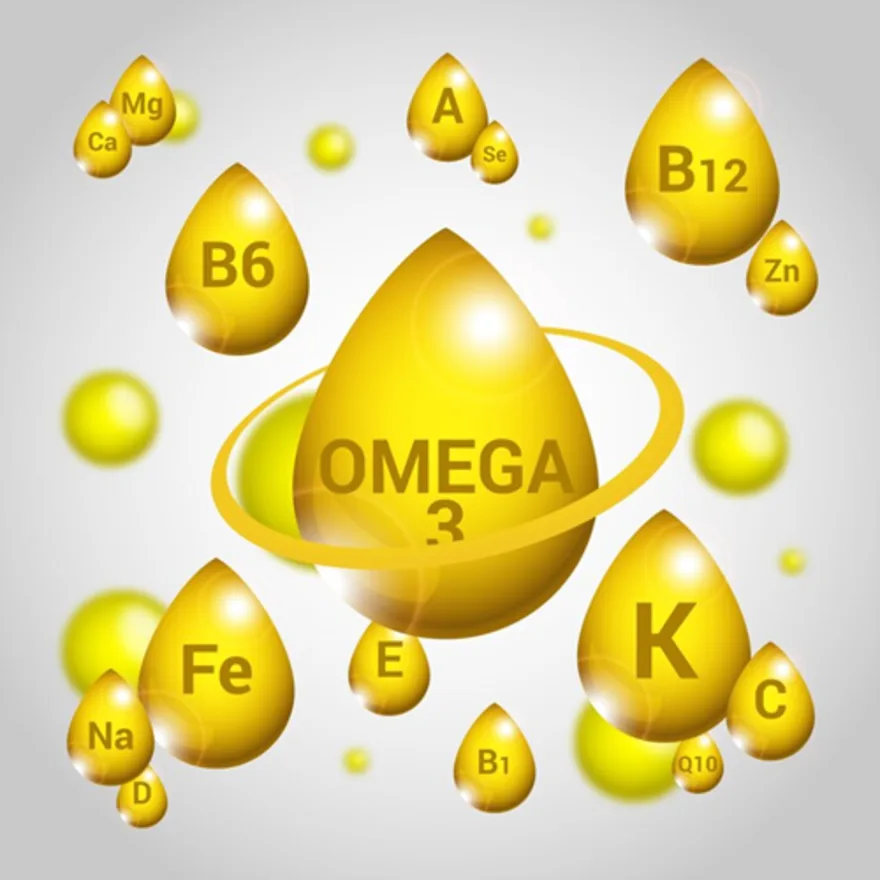Preventive Healthcare
Understanding Brain Hemorrhage: Symptoms, Causes, Treatment, Types
7948 Views
0

What is brain haemorrhage?
Brain haemorrhage, also known as intracranial haemorrhage, refers to bleeding that occurs within or around the brain tissue.
What happens during a brain haemorrhage?
When a brain haemorrhage happens, it interrupts the oxygen supply to the brain and results in blood leaking into the space between the skull and the brain. This blood accumulation forms pools within the skull, exerting pressure that obstructs the flow of oxygen to the brain tissues.
What causes bleeding in the brain?
Intracranial haemorrhage or brain haemorrhage causes include bleeding within or surrounding the brain. This can frequently be attributed to head trauma, such as that sustained in car accidents, falls, sports-related injuries, or bicycle accidents.
Additional factors contributing to brain haemorrhages include:
- Usage of blood thinners or aspirin, which heightens the risk even with minor head injuries.
- Untreated high blood pressure leads to the weakening of blood vessel walls.
- Presence of brain tumours with thin-walled, fragile vessels prone to rupture and bleeding.
- Aneurysms are characterised by weakened spots in blood vessel walls that swell.
- Arteriovenous malformations (AVMs), where abnormal connections between arteries and veins weaken blood vessels in and around the brain.
- Cerebral amyloid angiopathy is a condition often observed in older adults with hypertension, causing irregularities in blood vessels.
- Various diseases may trigger spontaneous blood leakage into the brain.
What are the symptoms of brain bleeding?
Brain haemorrhage symptoms may emerge shortly after a head injury or gradually over time. These symptoms include:
- A sudden, severe headache, often described as a "thunderclap" headache
- Weakness, numbness, or tingling, typically affecting one side of the body
- Nausea or vomiting, potentially indicating a brain bleed
- Dizziness, which can also be a sign of a brain bleed
- Confusion
- Difficulty speaking or understanding speech
- Loss of movement on the side of the body opposite to the head injury
- Drowsiness and progressive loss of consciousness, suggestive of an intracranial hematoma
- Unequal pupil size, a potential indicator of an intracranial hematoma
- Slurred speech, which may signify an intracranial hematoma
- Fatigue and sleepiness, which could also be symptoms of a brain bleed
What are the types of brain bleeds?
Bleeding in the brain can occur either inside the brain tissue or outside it, involving the protective layers covering the brain.
- Epidural bleed: Blood accumulates between the skull and the outer layer known as the dura mater. If left untreated, it can result in increased blood pressure, breathing difficulties, brain damage, or death. Typically caused by injury, often associated with a skull fracture.
- Subdural bleed: Blood leakage happens between the dura mater and the thin layer beneath it called the arachnoid mater.
There are two types:
-
- Acute subdural bleed: Develops rapidly and has a high death rate, usually following head trauma from falls, car accidents, sports injuries, whiplash, or similar incidents.
- Chronic subdural bleed: Forms gradually and is less deadly, often caused by mild head injuries in elderly individuals, those on blood thinning medications, or individuals with brain shrinkage due to dementia or alcohol use disorder.
- Subarachnoid bleed: Blood collects below the arachnoid mater and above the delicate inner layer, the pia mater. If untreated, it can lead to permanent brain damage and death, often caused by brain aneurysms or other vascular issues. A sudden, severe headache is a common warning sign.
- Intracerebral haemorrhage: Blood pools within the brain tissue, usually resulting from untreated high blood pressure. It is the second most common cause of stroke and the deadliest.
How is a brain haemorrhage treated?
- Brain haemorrhage treatment initiates with supporting the body's functions, focusing on:
- Ensuring an open airway for breathing and adequate oxygen intake.
- Supporting blood circulation and maintaining blood pressure.
- Monitoring intracranial pressure, which can dangerously increase due to bleeding.
- Surgical intervention may be necessary for the treatment of brain haemorrhage, aiming to achieve one or more of the following:
- Halting the bleeding.
- Alleviating pressure within the skull.
- Repairing the affected area.
- Depending on the location and severity of the haemorrhage, surgery may involve minimally invasive techniques or craniotomy.
- Medications play a crucial role in brain haemorrhage treatment and may include:
- Blood pressure medications to reduce hypertension.
- Antiseizure medications to prevent or stop seizures.
- Symptomatic relief medications such as pain and anti-nausea drugs.
- Reversal agents for blood thinners.
- Medications to regulate blood sugar levels.
- Corticosteroids to decrease swelling.
- Rehabilitation post-treatment is vital for recovery and may encompass:
- Physical therapy.
- Occupational therapy.
- Speech and language therapy.
- Psychotherapy is tailored to individual needs.
What are the complications of brain haemorrhage?
Depending on the haemorrhage's location and resulting damage, certain complications may become permanent, such as:
- Paralysis
- Numbness or weakness in specific body regions
- Difficulty swallowing (dysphagia)
- Vision loss
- Impaired speech comprehension or expression
- Confusion or memory deficits
- Personality changes or emotional disturbances
Can brain haemorrhages be prevented?
Yes, brain haemorrhage can be prevented by the following:
- Manage high blood pressure
- Prevent head trauma
- Consider corrective surgery
- Exercise caution with anticoagulant drugs
- Maintain a nutritious diet
Conclusion
In conclusion, understanding the risks, symptoms, and preventative measures for brain haemorrhage is crucial for maintaining overall health and well-being. By managing brain haemorrhage symptoms like high blood pressure, avoiding head trauma, considering corrective surgeries, exercising caution with anticoagulant drugs, and maintaining a nutritious diet, you can keep this disease away. Metropolis Labs provides a convenient and reliable solution for at-home testing and we also have our labs pan India.













1701259759.webp)









 WhatsApp
WhatsApp